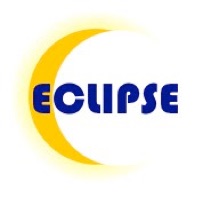Learners commonly develop alternative conceptions about ionic bonding. Indeed, some of the most common of these alternative conceptions can be understood to make up a coherent (alternative) conceptual framework - the 'molecular framework':-
(* Note: A bond is seen as something other than the actions of forces.)
Ion-pairs in a substance like NaC that are considered bonded (i.e. to have been formed by an electron transfer event between them) are often considered to be molecules, or at least to act as molecular-like units (e.g. remaining as a unit when the salt dissolves).
The molecular framework is linked to the full shells explanatory principle, an alternative conception adopted by students which explains chemical bonding and chemical change as driven by the 'need' of atoms to acquire octets/full electron shells. As such, the molecular framework may be held as part of the more extensive octet rule framework for making sense of chemistry in terms of sub-atomic quantiles such as atoms, molecules, ions.
Return to ECLIPSE homepage
List of science topics

Dr Keith S Taber kst24@cam.ac.uk
University of Cambridge Faculty of Education
© Keith S Taber, 2012